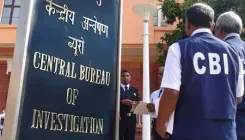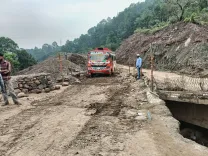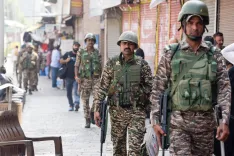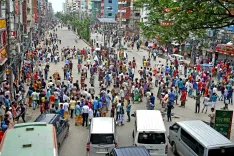Will Raipur Implement the Police Commissioner System from November 1?
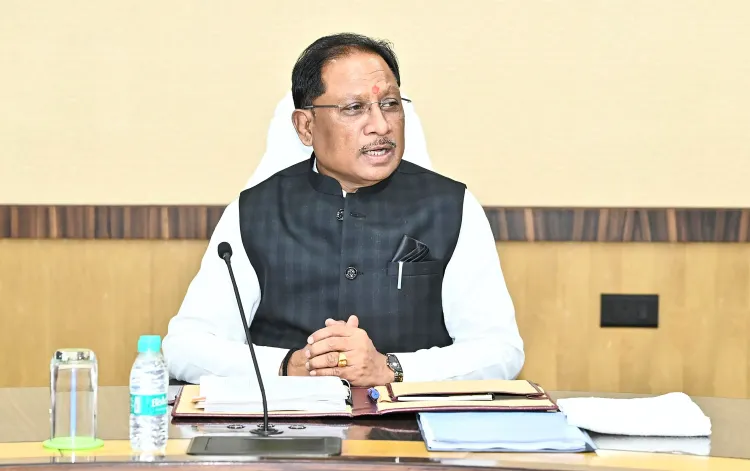
Synopsis
Key Takeaways
- Raipur will implement the Police Commissioner System on November 1.
- The reform aims to modernise urban policing.
- A committee is studying existing frameworks in other cities.
- The Police Commissioner will assume direct responsibility for law and order.
- The initiative reflects a national trend towards empowering police leadership.
Raipur, Sep 14 (NationPress) In a pivotal shift for law enforcement, Raipur (Chhattisgarh) is preparing to implement the Police Commissioner System starting November 1, marking a significant transformation in the management of law and order in the state's capital.
This initiative, spearheaded by the state government, seeks to modernise urban policing and enhance decision-making processes to tackle the challenges of growing metropolitan demands.
In accordance with official directives, Director General of Police (DGP) Arun Dev Gautam has directed the commencement of the transition from the conventional policing structure to a commissionerate model.
A committee of seven members, led by Additional Director General of Police (ADG) Pradeep Gupta, has been established to examine existing commissionerate systems in cities such as Bhopal, Indore, Mumbai, and Delhi. Their findings will guide a customised proposal for Raipur, which will be submitted to the Home Department for approval.
This reform was announced during the 79th Independence Day celebrations at the Police Parade Ground in Raipur, where Chief Minister Vishnu Deo Sai highlighted the importance of the commissionerate system in bolstering law enforcement capabilities and enhancing public safety.
Already in use in several major Indian cities, the Police Commissioner System empowers senior officers with greater authority under the Code of Criminal Procedure. This includes the ability to take immediate action on issues of crime, public order, and emergencies, facilitating quicker response times, increased accountability, and more effective crime deterrence.
Officials have noted that preparations for the system in Raipur are nearing completion. Although discussions regarding this model have been ongoing for several years, momentum increased after the assumption of office by Chief Minister Vishnu Deo Sai.
The reform is anticipated to extend to other populous areas such as Bilaspur and Durg, where urban policing challenges are similarly pronounced.
Upon implementation, the Police Commissioner will take on direct oversight of law and order, assuming magisterial powers that were previously held by the District Collector.
The role of the Collector will evolve primarily towards revenue and civil administration. To ensure comprehensive coverage in rural areas, the government is considering the appointment of a separate Superintendent of Police (SP Rural), thereby addressing the needs of both urban and rural policing, sources have further indicated.
This initiative is part of a broader national trend aimed at empowering police leadership in urban regions.
By consolidating administrative and judicial authority within the police framework, the commissionerate model intends to minimize bureaucratic delays and improve operational efficiency. If successful, Raipur's transition could serve as a model for similar reforms throughout Chhattisgarh.


